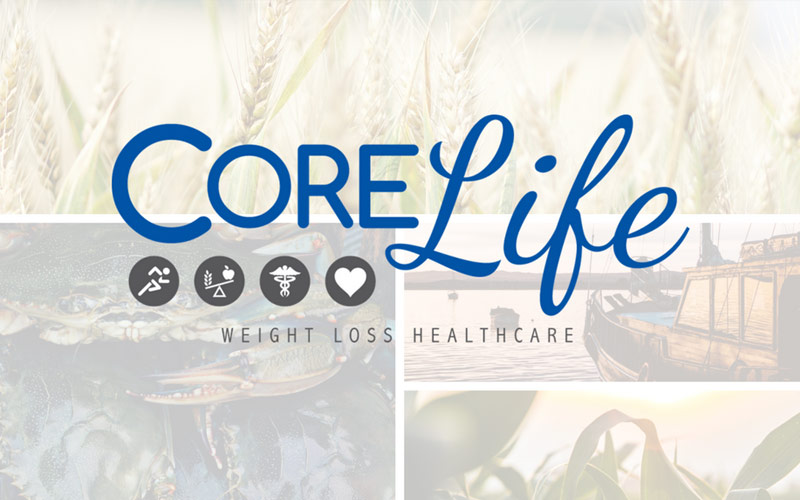We hear it over and over at CoreLife. In fact, it might be one of the most common mistakes we see. There are different rationales – “I’m not a morning person”; “I don’t have time”; “I’m not hungry in the morning” – it all amounts to the same mistake: skipping breakfast.
So, what’s the big deal? You’re coming in to lose weight anyway, so how could skipping a meal be a bad thing? Let’s look at the word breakfast. Quite literally, it’s “breaking the fast”. Overnight, your body shuts down to repair and rejuvenate. If you’re getting adequate shut eye (as you should be, or your weight loss efforts will certainly be compromised), this means a good 7+ hours of no food. Your body is actually “fasting” each night while you sleep. When you wake up in the morning, it anticipates being fed. The fast is over! It’s time to get powered up for the day! But wait, you decide to skip breakfast? Uh-oh. Your body was revving up, firing up all the necessary systems to get your day off to a successful start. It didn’t have a lot of fuel in the tank, but that’s ok, it knows you’ll be fueling up soon so it can still get going. Or not.
When you skip breakfast, your body starts to wonder if that overnight fast is really something more. Maybe food has become unavailable! Maybe resources are low! “Conserve, conserve!” your body shouts. In order to make sure you have enough energy remaining to pursue food when it does become available, your body starts to shut down unnecessary systems, running as efficiently as possible to conserve what little stores it has to ensure it can make it to the next meal. If you repeat this cycle long enough, your body may not even send out hunger signals in the morning. It believes that the overnight fast of 7+ hours is really this 10,12+ hour fast.
What does this mean for you? Well, it means a number of things, all detrimental to weight loss and good health. First, your body isn’t running efficiently or effectively. Instead of being in rest and repair mode overnight, it’s in more of a “starvation”/stress mode, conserving energy instead of spending it on bodily repairs because the typical overnight 7-8 hours has now been extended to nearly double the length of time, but the same amount of energy reserves are being allotted for it. In other words, you’re asking your “car” to go twice as far on the same amount of gas. This means in order to keep the “car” running, your body doesn’t expend as much energy on maintaining your body. In the morning, you’re likely to be low on energy, sluggish, perhaps have headaches, which may extend throughout your day. By the time you ARE ready to eat, your body is likely screaming for food, often leading to overeating. And, this sudden spike in blood sugar that your body anticipated getting hours ago, makes it ravenous for more. Because carbohydrates break down into sugar (glucose), the body’s preferred energy source, your body also sends out signals for these types of foods, resulting in carb/sugar cravings, because your body is crying out for fast energy.
Imagine a small child who was just given an all-you-can-eat pass to a candy store. That initial sugar rush makes them go nuts! They feel great! On top of the world! More sugar! But, very soon, they crash. Whining, crying, aching. Their body loved the energy high and wanted to keep it going, but it’s not sustainable energy. These highs and lows are hard on your system, further confusing your body and your metabolism so that it’s unsure of when to spend energy and when to conserve.
Your body has carefully regulated cycles of activity and of then rest and recovery. If you don’t respect and tune into these cues, you through off the natural rhythms, confusing your metabolism, and leading to poor health, poor recovery, and weight gain as your body tries to conserve energy to ensure it can get from one meal to the next. The spikes and dips in blood sugar also lead to chronic inflammation in the body, sparking disease and further weight gain. So, do yourself and your body a favor – break the fast and get the day off to a strong start.
Not sure how to make breakfast a regular part of your day? Looking for easy ways to make the change? Come on in and see us at CoreLife and let us help you get on the road to the best version of yourself.
Aubrey Phelps MS RDN
